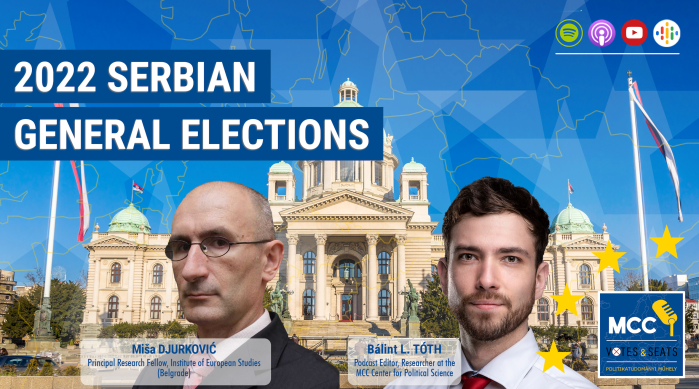This time, we had the pleasure to have Dr. Miša Đurković, a principal research fellow at the Institute of European Studies Belgrade with us, who helped us understand the background and possible outcomes of the multi-level ballot in our southern neighbor country. Aleksandar Vučić has won a second term as president, and his main presidential challenger, retired general Zdravko Ponoš, gathered only 18 percent of votes cast. Vučić’s Serbian Progressive Party (SNS) mastered the most votes at the parliamentary election, although, it has lost its majority in both the National Assembly of Serbia and the capital of Belgrade. Therefore, the party will most presumably be forced to enter into coalitions with smaller political formations. A long-time coalition partner to SNS, the Socialist Party of Serbia gained around 11-12% of the vote, significantly improving its 2020 result. The “United for Serbia” coalition, the strongest opposition option, won around 13-14%. At the time of recording the podcast, the Alliance of Vojvodina Hungarians managed to gain 5 mandates in the National Parliament in Belgrade. How did the Russian-Ukrainian war resonate in the election campaign and what were the most successful messages of the parties? What similarities could be identified among the current Hungarian and Serbian politics and what directions should Mr. Vučić turn to in light of the ongoing armed conflict in Eastern Europe? These are the main questions we address with our guest analyst in the newest episode of the expert analysis of the MCC Center for Political Science.









